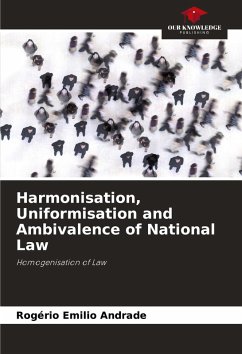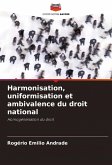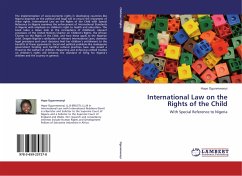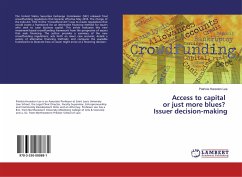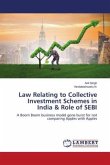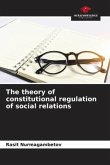The expression homogenised law is intended to reveal the homogeneity of contemporary law, indicating two trends: firstly, the tendency for national states to reproduce, in the regulation of economic activity, the normative parameters set by economic agents, non-governmental organisations and public authorities that act on the global level of international relations; secondly, the tendency towards the institutionalisation of global governance, in other words, a global legal system based on the integration of national states with a view to controlling the market. It can be said that the homogeny of rights is intended to study two distinct and simultaneous movements that have been influencing the normative production of national states: the movement towards the harmonisation of rights and the movement towards the standardisation of rights.

